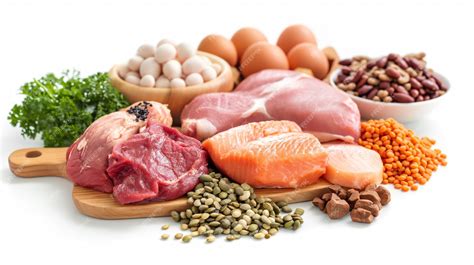What is the primary role of protein in the human diet?

Protein is one of the three essential macronutrients, alongside carbohydrates and fats, that are indispensable for human health. Often celebrated for its role in muscle growth, its functions extend far beyond the gym, touching nearly every aspect of our physiological well-being.
The Building Blocks of Life: What is Protein?
At its core, protein is a complex macromolecule made up of smaller units called amino acids, linked together in long chains. There are 20 different amino acids, nine of which are considered “essential” because the human body cannot produce them and must obtain them through diet. The unique sequence and folding of these amino acids determine a protein’s specific structure and function.
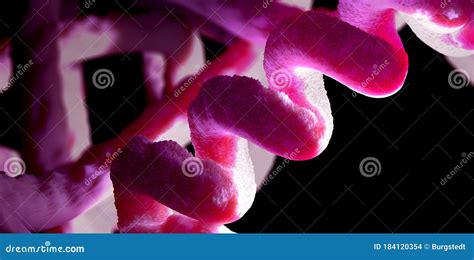
Primary Roles of Protein in the Human Body
The ubiquity of protein in physiological processes underscores its primary role: as the fundamental structural and functional component of virtually all cells and tissues. Its critical functions include:
1. Tissue Building and Repair
This is perhaps protein’s most recognized role. Protein is crucial for the growth, maintenance, and repair of nearly every tissue in the body, including muscles, skin, hair, nails, bones, and internal organs. During growth phases, after injury, or following daily wear and tear, amino acids from dietary protein are reassembled to form new proteins, patching up damaged cells and constructing new ones.
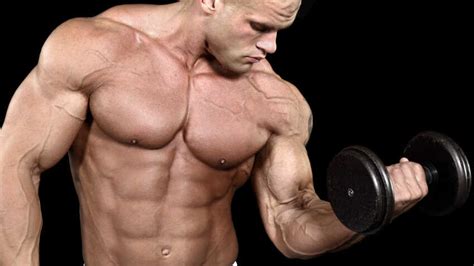
2. Enzyme and Hormone Production
Many enzymes, which are biological catalysts that facilitate biochemical reactions vital for metabolism, digestion, and energy production, are proteins. Similarly, numerous hormones, which act as chemical messengers regulating various bodily functions—such as insulin (blood sugar regulation) and growth hormone—are protein-based. Without adequate protein, these critical regulatory systems would falter.
3. Immune Function
Antibodies, which are specialized proteins, play a central role in the immune system by identifying and neutralizing foreign invaders like bacteria and viruses. A sufficient protein intake is therefore essential for a robust immune response and overall disease resistance.
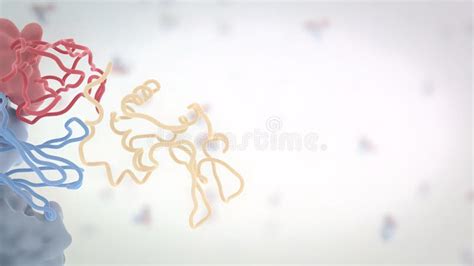
4. Transport and Storage of Molecules
Proteins act as carriers for vital molecules throughout the body. For instance, hemoglobin, a protein found in red blood cells, transports oxygen from the lungs to tissues. Other proteins transport vitamins, minerals, fats, and oxygen across cell membranes and within the bloodstream.
5. Fluid Balance and Acid-Base Balance
Proteins help maintain the proper balance of fluids in and around cells and blood vessels. They also contribute to regulating the acid-base (pH) balance of the blood and other body fluids, preventing harmful shifts that could impair metabolic processes.
Sources and Dietary Importance
Protein can be obtained from a wide array of sources. Animal products like meat, poultry, fish, eggs, and dairy are considered “complete proteins” as they provide all nine essential amino acids. Plant-based sources such as legumes, nuts, seeds, grains, and certain vegetables offer excellent protein, though many are “incomplete” and require combining different plant foods to ensure intake of all essential amino acids.
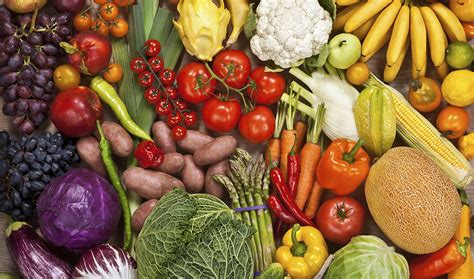
The recommended daily allowance (RDA) for protein is generally 0.8 grams per kilogram of body weight for adults, but this can vary based on age, activity level, and health goals. Athletes, pregnant women, and older adults often require higher amounts.
Conclusion
While carbohydrates provide immediate energy and fats are essential for hormone production and nutrient absorption, protein stands out for its unparalleled role as the structural and functional workhorse of the human body. From building and repairing tissues to orchestrating metabolic processes and defending against illness, protein is not just a nutrient; it is the very foundation of physiological integrity and overall health. Ensuring adequate protein intake through a balanced diet is therefore paramount for maintaining vitality and supporting every life-sustaining function.
